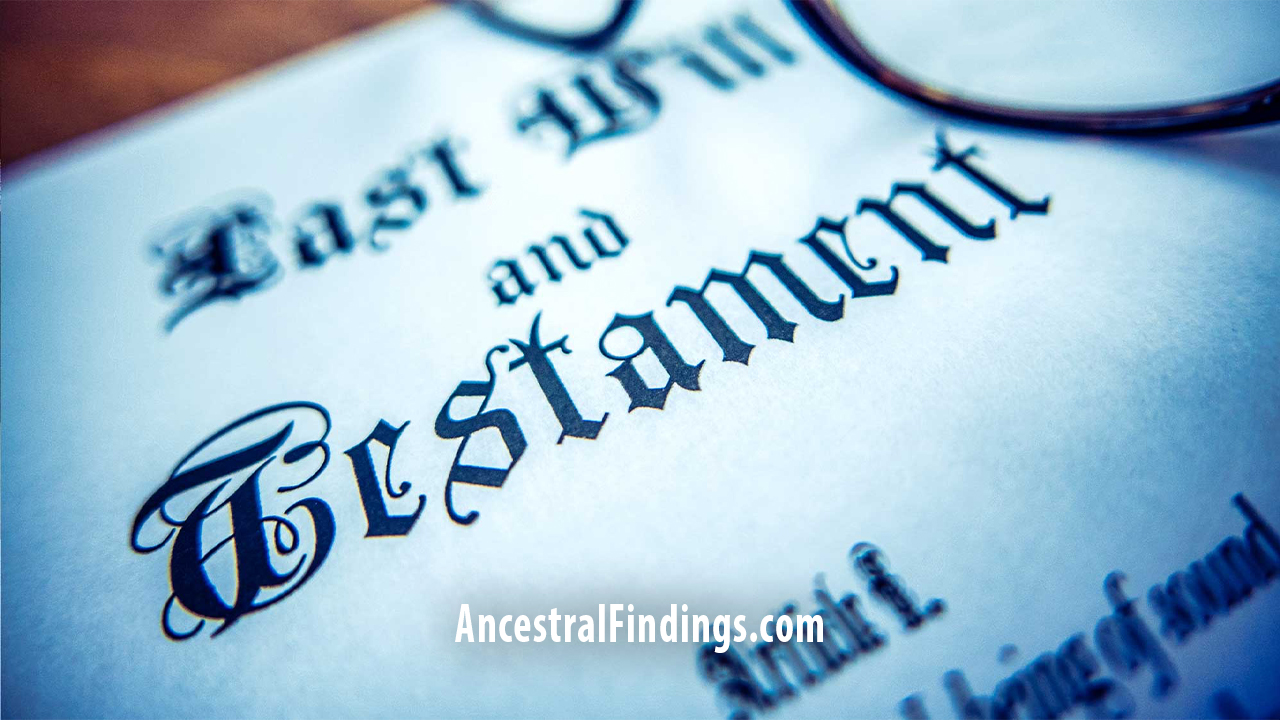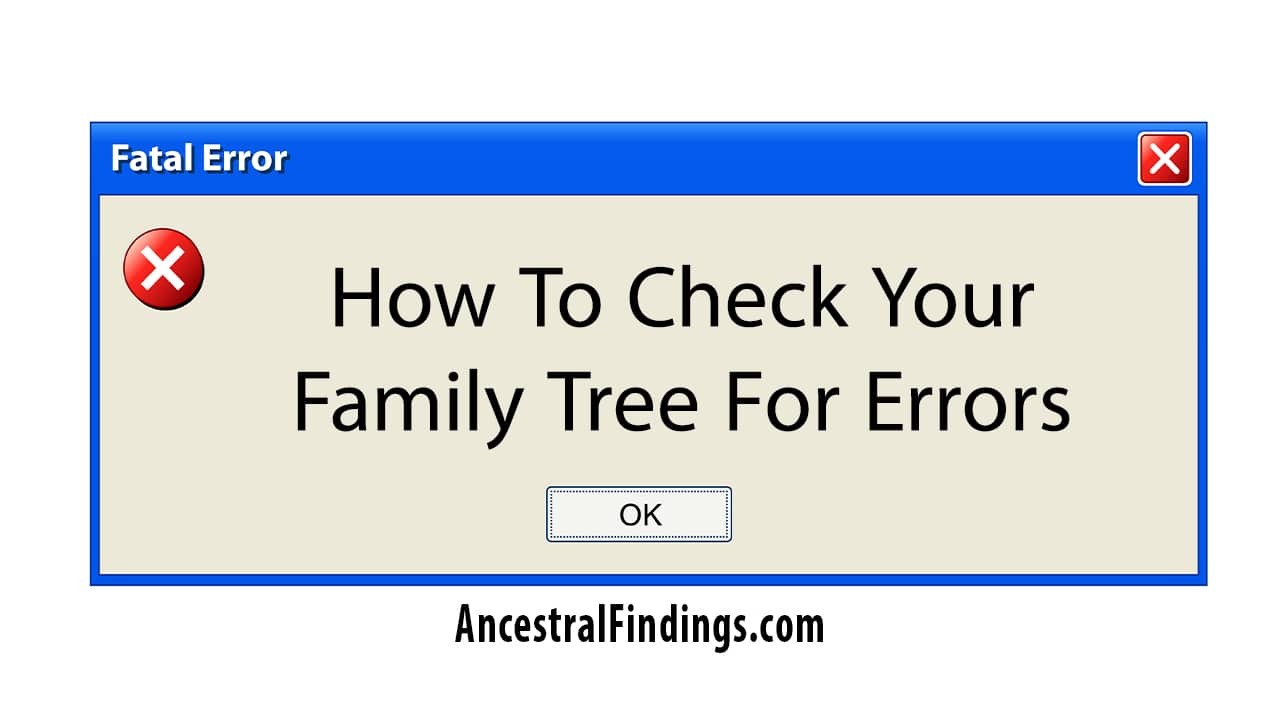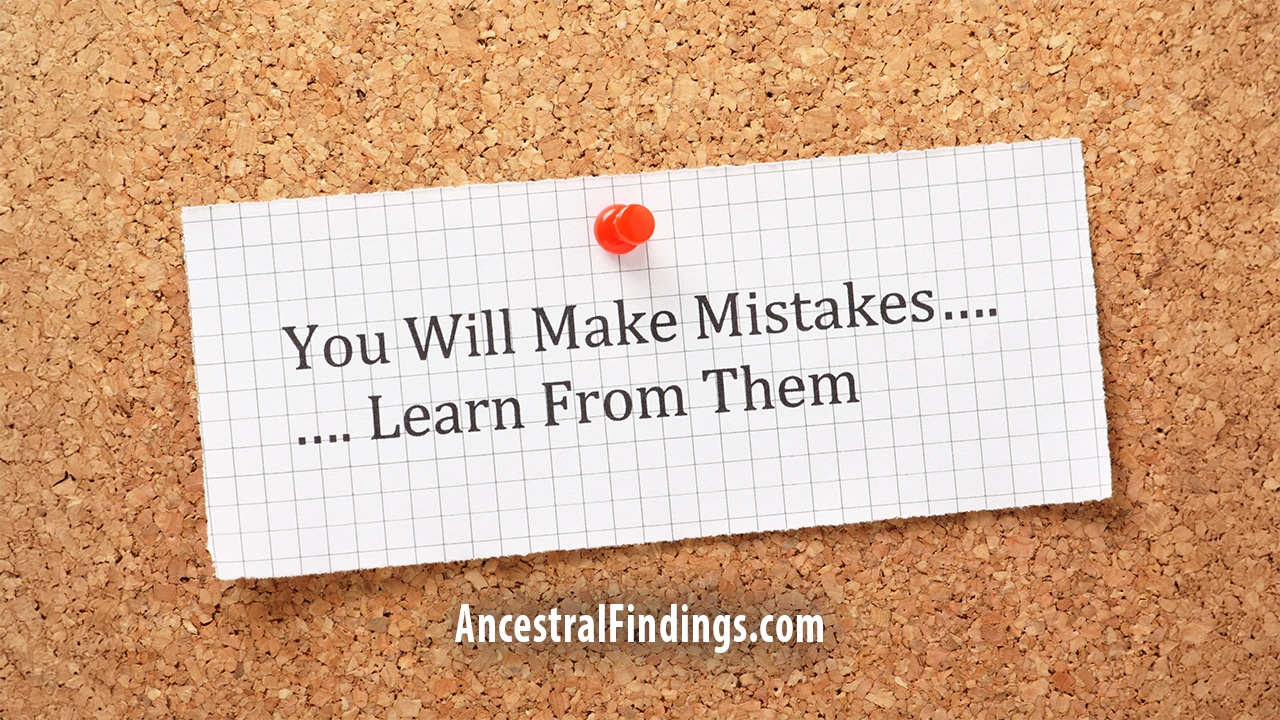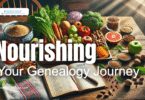Embarking on the genealogy journey is like opening a treasure chest filled with stories, connections, and surprises. Having the right tools can make your research more efficient and enjoyable. Here’s a guide to the must-have tools for any new genealogist, ensuring you’re well-equipped to uncover the hidden gems in your family tree.
1. Genealogy Software
One of the first tools you’ll need is reliable genealogy software. This software helps you organize and store all the information you gather about your family. It’s like having a digital family tree where you can add photos, documents, and notes about each family member. Some popular options include:
• Ancestry.com: A comprehensive tool that offers access to many records and integrates with DNA testing results.
• Family Tree Maker: Known for its user-friendly interface and robust features, it syncs with Ancestry.com for easy updates.
• Legacy Family Tree: Offers powerful tools for detailed research and source documentation, perfect for beginners and advanced genealogists.
These programs help you keep track of your research, making it easy to spot connections and ensure you don’t miss any details.
2. Online Databases and Archives
Access to online databases and archives is crucial for finding historical records. These platforms provide access to census records, birth and death certificates, military records, immigration documents, and more. Some essential online resources include:
• FamilySearch: This is a free resource provided by the Church of Jesus Christ of Latter-day Saints, offering a vast collection of records from around the world.
• Ancestry.com: Although it requires a subscription, Ancestry offers an extensive collection of records and user-contributed family trees.
• FindMyPast: Particularly useful for those with British and Irish ancestry, providing access to exclusive collections.
• MyHeritage: Offers unique collections and innovative tools, including photo enhancement features.
These databases are like gold mines, brimming with valuable documents that can help you piece together your family’s history.
3. DNA Testing Kits
DNA testing has revolutionized genealogy, offering insights that traditional records sometimes can’t provide. By comparing your DNA with others in the database, you can discover relatives you never knew existed and trace your ancestry back through the centuries. Popular DNA testing kits include:
• AncestryDNA: Known for its extensive user base and detailed ethnicity estimates.
• 23andMe: Provides health insights and ancestry information, offering a more comprehensive picture.
• MyHeritage DNA: Offers powerful matching technology and detailed ancestry reports.
• FamilyTreeDNA: Focuses on deep ancestry and provides various test types, including Y-DNA and mtDNA tests.
DNA testing can open new doors in your research, revealing connections that paper records alone might miss.
4. Census Records
Census records are a cornerstone of genealogical research. They provide snapshots of families at specific points in time, offering details about household members, ages, occupations, and places of birth. Accessing these records can help you track family movements and changes over decades. Essential sources for census records include:
• National Archives: Offers access to U.S. census records, including digitized images of original documents.
• Ancestry.com and FamilySearch: Both provide extensive collections of census records from various countries.
These records can help you build a detailed picture of your ancestors’ lives, filling in gaps and confirming family stories.
5. Historical Newspapers
Old newspapers are a treasure trove of information, providing context and details that other records might miss. They can offer obituaries, marriage announcements, birth notices, and even articles about your ancestors. Key resources for accessing historical newspapers include:
• Newspapers.com: This site offers a vast collection of digitized newspapers, making it easy to search for specific names and events.
• GenealogyBank: Focuses on historical newspapers and includes a unique collection of obituaries.
• Chronicling America: This is a free resource from the Library of Congress that provides access to a wide range of U.S. newspapers.
Reading through old newspapers can give you a sense of the world your ancestors lived in, bringing their stories to life in vivid detail.
6. Cemetery Records and Gravestone Photos
Cemeteries are quiet custodians of family history, and gravestones can provide valuable information about your ancestors. Websites like Find A Grave and BillionGraves offer searchable databases of cemetery records and gravestone photos, allowing you to find and document your ancestors’ final resting places.
These resources are particularly useful for confirming birth and death dates, and they can sometimes provide additional family details or connections.
7. Local Libraries and Historical Societies
Don’t overlook the value of local resources. Libraries and historical societies often have unique collections that aren’t available online, including local histories, family files, and special collections. Some tools to help you access these resources include:
• WorldCat: A global catalog of library collections, helping you find books, manuscripts, and other resources in libraries near you.
• Google Books: Offers digitized versions of many historical books, some of which might include valuable genealogical information.
Visiting local libraries and historical societies can uncover unique documents and artifacts that provide a deeper understanding of your family’s history.
8. Note-Taking and Organization Tools
Keeping track of your research can be challenging, especially as you accumulate more information. Effective note-taking and organization tools are essential. Some helpful tools include:
• Evernote: A versatile note-taking app that organizes notes, images, and documents.
• Trello: A project management tool that can help you keep track of research tasks and organize your findings.
• OneNote: Another powerful note-taking tool from Microsoft, offering flexibility and integration with other Microsoft products.
Staying organized ensures you can easily access and review your research, making your genealogy journey smoother and more enjoyable.
9. Social Media and Online Communities
Connecting with other genealogists can provide support, inspiration, and valuable insights. Social media platforms and online communities are great places to share your findings and get advice. Some popular options include:
• Facebook Groups: There are numerous genealogy-focused groups where you can ask questions, share discoveries, and connect with others.
• Reddit: The r/Genealogy subreddit is a vibrant community where users share tips, resources, and success stories.
• Genealogy Forums: Websites like RootsChat and Genealogy.com offer forums for discussing specific genealogical topics and regions.
Being part of a community can help you stay motivated and learn from others who share your passion for family history.
10. Research Guides and Reference Books
Finally, having a good collection of research guides and reference books is invaluable. These resources can guide specific aspects of genealogy, from understanding DNA results to researching in particular regions. Some must-have books include:
• “The Family Tree Guide to DNA Testing and Genetic Genealogy” by Blaine T. Bettinger: A comprehensive guide to understanding and using DNA in your research.
• “Genealogy Standards” by the Board for Certification of Genealogists: A guide to best practices in genealogical research.
• “Evidence Explained” by Elizabeth Shown Mills: A reference for citing historical sources accurately.
These books can serve as trusted companions on your genealogical journey, providing expert advice and detailed instructions.
Starting your genealogical journey can be both exciting and overwhelming. With the right tools, you can make the process more manageable and uncover the fascinating stories of your ancestors. From software and databases to DNA kits and community support, these tools will help you build a rich and detailed family history. Happy Searching!






